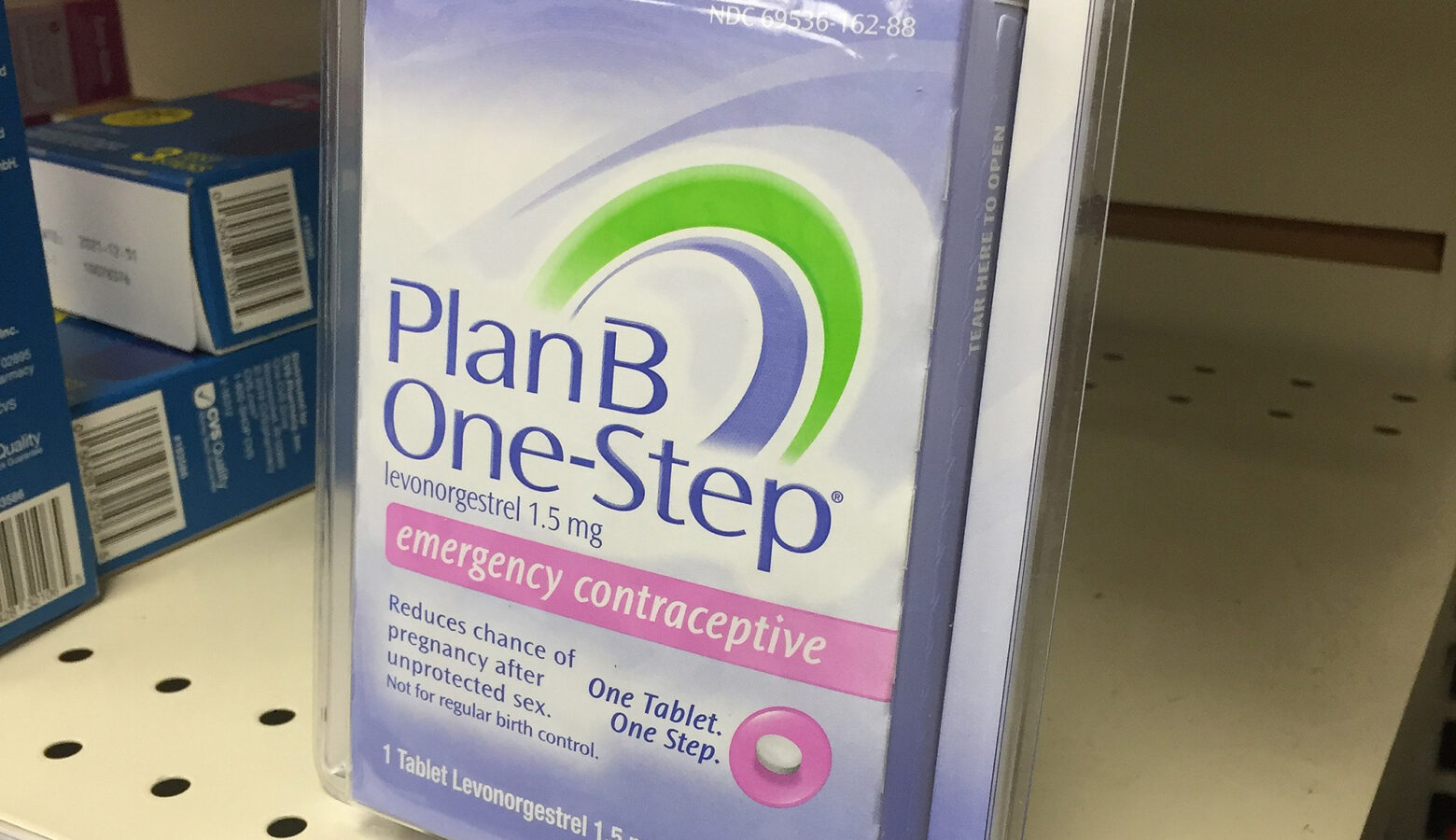Will Indiana’s abortion law affect emergency contraception like Plan B?

Indiana’s abortion law is set to go into effect on Thursday Sept. 15. While it bans abortion in almost all cases, it does not include explicit language discussing contraceptives or morning-after pills, like Plan B.
Dr. Stephanie Boys is an adjunct professor of law at Indiana University.
She said Plan B is emergency contraception that will either prevent the implantation of a fertilized egg or prevent ovulation three to five days after intercourse.
Boys said this contraception will not affect an already-existing pregnancy.
“It’s not an abortion-inducing drug. If there’s implantation, Plan B will not end a pregnancy that already exists with implantation,” she said. “But with this language that the lawmakers have chosen, it’s just very vague.”
Boys said lawmakers had initially defined pregnancy “as beginning at the point of implantation in a human uterus.”
This definition was included in the version of the bill that passed in the Senate.
However, the House committee rewrote parts of this bill, including removing this definition of pregnancy and failing to provide a new one.
READ MORE: Will Indiana’s new abortion law affect contraceptives? Law takes effect Sept. 15
Join the conversation and sign up for the Indiana Two-Way. Text “Indiana” to 73224. Your comments and questions in response to our weekly text help us find the answers you need on statewide issues.
Boys said without this explicit definition, lawmakers may be able to interpret pregnancy differently. She said the terms in the law are contrary to medical terminology.
“In the medical community, pregnancy begins at implantation,” she said. “We don’t have any medical way to know when fertilization occurs and when fertilization occurs first, we can’t detect it. About 6 to 12 days later is when implantation in the uterus occurs. And that’s the first time that you can test for pregnancy and get a positive pregnancy test.”
She said lawmakers have begun to discuss pregnancy in terms of post-fertilization. Boys said this kind of discussion could affect the ways in which Plan B is viewed and allowed to be used.
Boys said those outside the medical community may argue against Plan B, but that it is not an abortion-inducing drug under medical terms.
“Plan B will prevent implantation of a fertilized egg,” she said. “But if an embryo has already implanted, which means there isn’t medical pregnancy, it will not end a medical pregnancy. Lawmakers in Indiana use the term abortion-inducing drug and Plan B is not an abortion-inducing drug.”
Boys said she hopes lawmakers will clarify this and expects courts may step in if lawsuits come about.
Indiana’s abortion law goes into effect on Sept. 15. It has exceptions for rape and incest before 10 weeks post-fertilization; for fatal fetal abnormalities; and for the life of the mother.
This story came in response to a listener’s question. If you have questions about transportation in Indiana, you can text us. Sign up for the Indiana Two-Way by texting “Indiana” to 73224.
Contact reporter Violet at [email protected] or follow her on Twitter at @ComberWilen.

